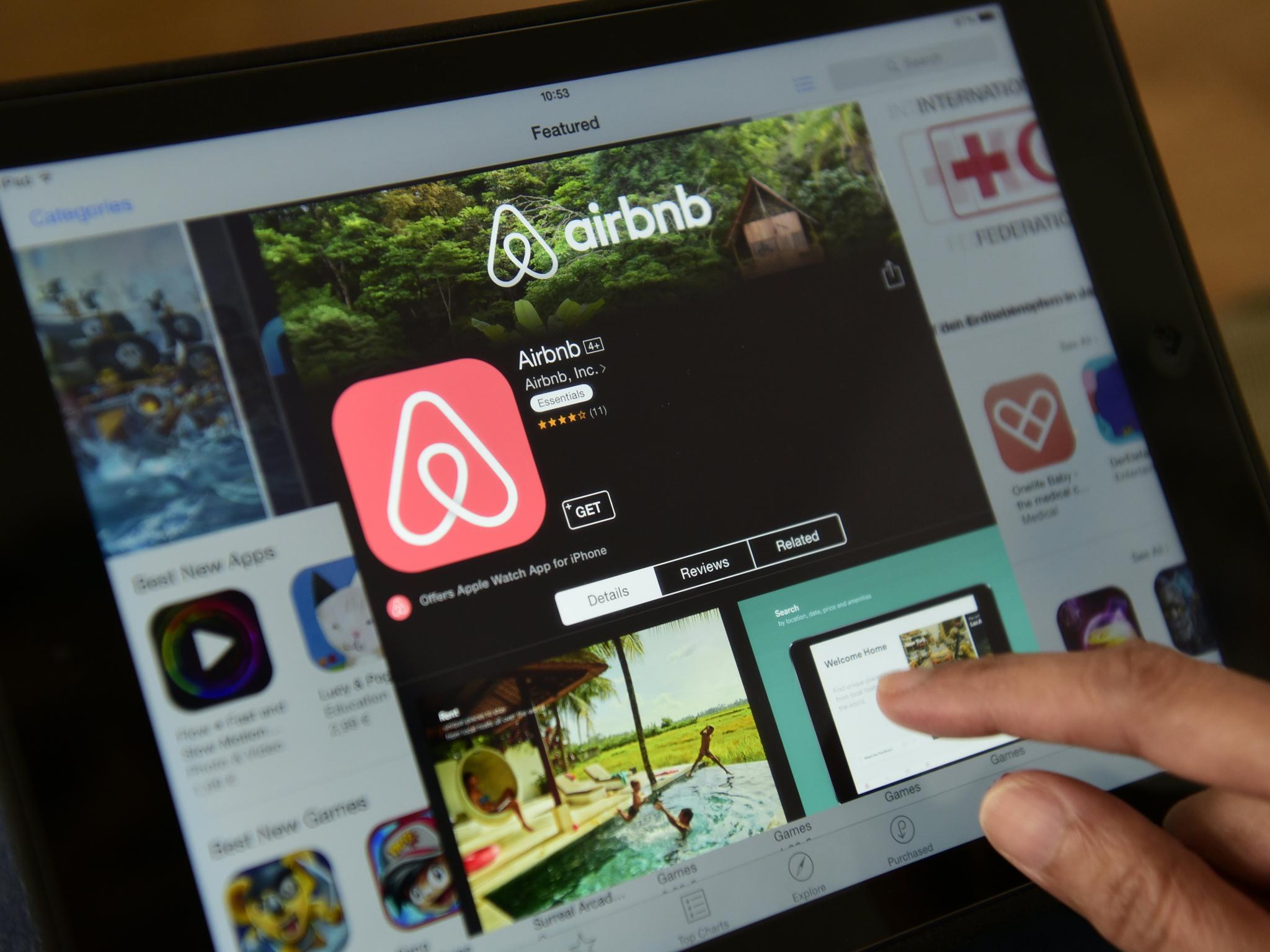Airbnb listings are taking up 10% of vacant rentals in New York City, study claims
The communities most affected, the report shows, are New York's 'gentrifying' areas

More than 8,000 vacant apartments that could be rented in New York City are taken off the market by Airbnb hosts, a new report claims.
The study, commissioned by affordable housing nonprofits Housing Conservation Coordinators MFY Legal Services, focused intently on what they called “impact listings” – units run by hosts who have multiple properties available to rent for at least three months per year, as well as hosts who run single listings for at least six months per year.
If these 8,058 listings were put back on the rental market, according to the report, then vacant units in the city would increase by 10 per cent and the vacancy rate would rise by 4 per cent.
Impact listings generate $302.9m (£225.1m) annually, it adds.
“The biggest takeaway for me is the validation that at least 8,000 listings could be used for people to live in; instead they are used for hotel rooms,” New York City Council member Helen Rosenthal, who serves on the Committee on Housing and Buildings, told The Independent. “That’s astounding.”
She added: “When we think about it – even if not all those listings are affordable – every time you take an apartment off the market, you increase the value of the ones that are left on the market. That’s basic macroeconomics.”
Ms Rosenthal suggested if Airbnb users were to “follow the law”, then 8,000 housing units would open up for renters.
New York state’s multiple dwelling law prohibits hosts from renting full units for less than 30 days, unless they are on the premises. Data in the report says that more than 55 per cent of units listed on Airbnb are illegal by the current legal standards.
The study found that the vast majority of Airbnb’s impact listings are in Manhattan and Brooklyn boroughs; gentrifying areas like Bedford-Stuyvesant, Crown Heights, East Village, Lower East Side, Williamsburg, Greenpoint, and Bushwick were most affected.
Researchers compiled their data using the third-party analytics tool, Airdna, that tracks occupancy of Airbnb’s listings based on the information available on the platform.
Airbnb spokesperson Peter Schottenfels dismissed the findings of the report, suggesting that the housing organisations were in the pocket of New York’s hotel industry.
“All of the data in this report is fundamentally flawed,” he said.
In an emailed statement, Mr Schottenfels added: “If the hotel lobby that funded this misleading study was serious about affordable housing, they would have urged politicians to act on real solutions like restarting the 421-a tax credit,” a 10-year tax exemption for multi-unit developers that expired earlier this year.
“We need to work together to find solutions that actually benefit middle class New Yorkers, including how to protect responsible home sharers, rather than protecting the interests of the hotel industry.”
Sarah Desmond, executive director of Housing Conservation Coordinators who co-commissioned the report, said the claim that the report was intended for anything other than preserving affordable housing in New York was “ridiculous”.
“We’ve fought this issue since 2004,” she said. “Since before Airbnb was even in the picture, we were fighting against illegal hotels.”
For their part, Airbnb has said they regularly remove illegal users from their site and say that 95 per cent of their hosts offer a single listing.
However, the company has been criticised for a "lack of transparency" after the data analysis group, Inside Airbnb, found that the company dropped more than 1,000 illegal listings before releasing their data to city officials in December 2015.
Airbnb subsequently admitted the dump and told legislators in February that the listings “were controlled by commercial operators and did not reflect Airbnb’s vision for our community.”
Still, Ms Rosenthal questioned whether or not the company is removing illegal users as regularly they suggested in the February letter to legislators.
“It’s so interesting to see that the number is so high, even after Airbnb dumped a bunch of listings last year when they wanted to show us that they were clean. Obviously these listings came back,” she said.
“So even with that three-month [period] of having lower illegal listings, we’re still at 8,000 - at least.”
Subscribe to Independent Premium to bookmark this article
Want to bookmark your favourite articles and stories to read or reference later? Start your Independent Premium subscription today.

Join our commenting forum
Join thought-provoking conversations, follow other Independent readers and see their replies